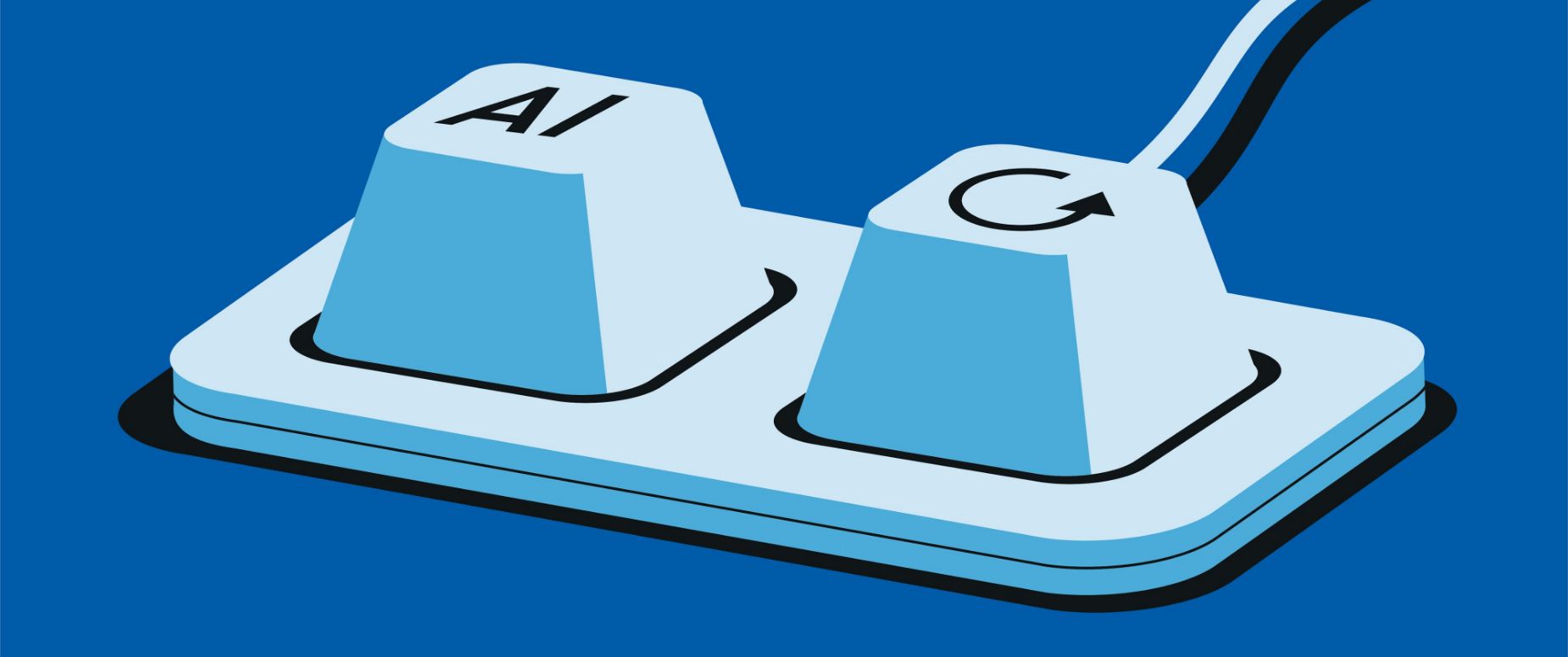We regularly schedule checkups for our health at the doctor’s office, our teeth at the dentist, and our cars at the mechanic, but we often skip financial wellness checkups. Taking charge of your finances and ensuring your financial health can help you meet your personal financial goals – whether it’s travel, paying down debt, home ownership, volunteerism, or retirement.
HCM Podcast
Produced with Google Notebook LM Using AI Narration
A recent Bank of Montreal survey found that only 33 per cent of Canadians surveyed have a financial plan in place, and 59 per cent don’t have a household budget set for the year ahead. Reviewing financial health checklists can be an excellent starting point for evaluating your financial habits and goals and increasing the overall success of your financial planning.
How do you assess your financial health?
Getting started can feel overwhelming, but it doesn’t have to be that way. The following financial checklists are designed to help you compile important financial information and monitor your financial health, enabling you to make informed decisions and develop a personalized financial plan that works for you.
Once you have completed this financial health checklist to determine any gaps and areas of focus, it will become easier to dig deeper into budgeting, allowing you to seek out the help you need to stay on track to meet your short- and long-term goals.
” everyone should do at least one annual review of their accounts ”
Financial planning checklists for beginners
Basic budget building checklist
- I track all sources of income each month to understand where my money is coming from
- I track all expenditures each month, including fixed and variable expenses
- I spend less than I earn
- I have and follow a budget
- I adjust my budget as needed
- I anticipate upcoming major purchases and repairs and plan accordingly
- I understand the difference between essential and discretionary spending (needs and wants)
- I can identify budget differences that occur because of an unusual situation that are not related to my regular spending and saving habits
Savings/emergency fund checklist
- I have set financial goals and re-evaluate them regularly
- I save a consistent amount of money that I can afford from my monthly income (e.g., 5, 10, 15, 20 per cent)
- I have automated my savings
- I have retirement savings and know how much money I will need to meet my retirement goals
- I review my net worth on an annual basis (or more frequently)
- I have an emergency fund with three to six months of living expenses that I can easily access
- I have a plan to build and rebuild my emergency fund should I need to use it
- I use company and government saving plans effectively to maximize my benefits
Debt management & credit health checklist
- I know how much debt I have, who I owe, and the corresponding interest rates for all loans
- I keep track of all my bills and pay them on time
- I make at least the minimum payment on all loans each month
- I pay off high-interest loans first
- I use credit responsibly and avoid taking on more debt when I can
- I review my accounts regularly for fraud prevention
- I regularly review opportunities to make more money and reduce my spending
- I monitor my credit score
Important things to keep in mind
No budget or financial plan is perfect. There will be gaps, and your financial plans will need to be adjusted periodically to meet your changing needs. Sometimes, a car breaks down unexpectedly, and savings are drained. Working toward a plan is a form of progress and should be commended.
Don’t be afraid to get help
If finance and budgeting were easy, we’d all retire early as millionaires. Using templated budgets from online resources can help you begin to plan your budget, whether it’s a standard budget, one focused on paying off debt, or a budget for parental leave.
Talking to friends and family members about financial management may seem taboo to some; however, the more we discuss our financial journey, the more likely we are to receive valuable tips on making budgetary decisions that work or recommendations on hiring the right financial planner to help manage our money.
Hiring professionals makes a big difference
There is a very good reason why people hire financial planners and advisors to help them manage their finances: it works. CIBC reports, “Canadians who work with an advisor retire richer and are more likely to achieve long-term wealth. In fact, studies show that investors who had been working with an advisor for 15 years or more accumulated 2.3 times more wealth compared to those without advisors.”
Numerous workplaces offer employee benefits associated with financial wellness programs designed to help employees enhance their financial literacy and achieve their financial goals.
Improving financial health in the workplace
Human capital management professionals can help employees achieve their personal financial goals by promoting the organization’s financial wellness programs and ensuring awareness and opportunities for staff to learn about matching contributions, insurance, and other benefits related to financial security. Financial literacy initiatives and education, delivered without judgment, can help people reduce financial stress and improve their overall financial health.
“A beginner’s budget checklist for meeting financial goals” ?

Sign Up Today! HCM DIALOGUE is more than just a news source – it’s a place for Finance, HR and Payroll professionals to come together and share their expertise.




Leave a Reply
You must be logged in to post a comment.